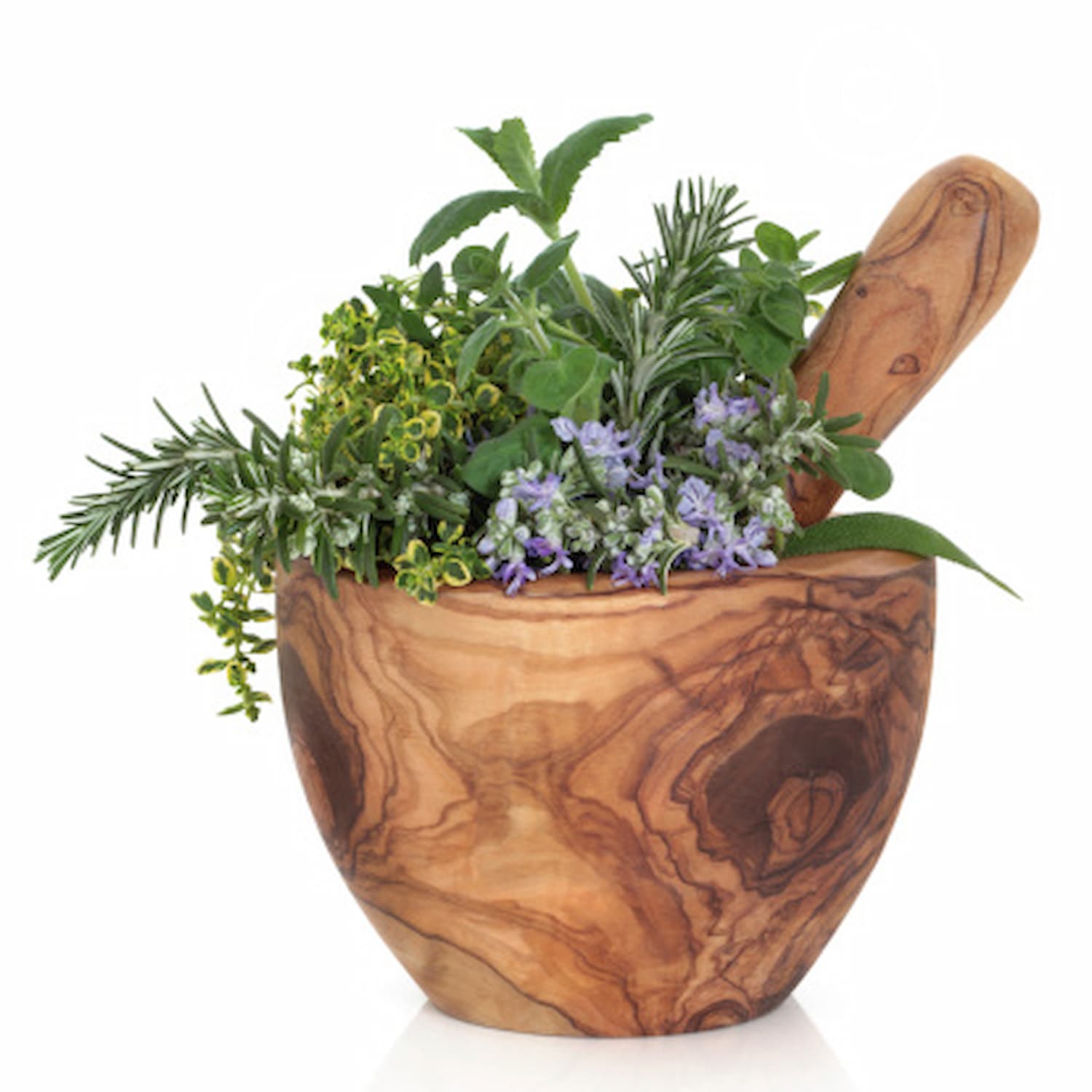
Ever wanted to explore the healing power of nature? Here, NTPagesTV's Melanie Alexander interviews naturopath Leah Hechtman for an insight into the modality.
Watch this clip to learn more about:
- What modalities does naturopathy draw on?
- What is involved in a consultation?
- What common conditions can naturopathy help to treat?
- What should you look for in a practitioner?
The following is a written transcription of the interview:
Natural Therapy Pages: I'm here with Leah Hechtman, who's an experienced naturopath. Hello, how are you?
Leah Hechtman: Hi, good. Thank you. How are you?
NTP: Very well. Thank you for your time today. Leah, can you tell me what is naturopathy?
LH: Naturopathy is basically a better term that encompasses a number of modalities. Some of the various tools that we use may include herbal medicine. So, the advantage of herbal medicine is that it's a very individualised medicine. Herbs work by supporting, rebuilding and retraining various systems if there's been a deficiency. So, let's say you've had lots of stress and you're really depleted and exhausted, we have a whole class of herbal medicines called adaptogens and adrenal restoratives. And what they do is, they help to rebuild and enable the body to cope with stress more.
From a nutritional perspective, we can use both diet and supplementation. And nutrition is very much the framework of how naturopathy works as well because, basically, every pathway in the body, every process in the body consists of a biochemical equation or a biochemical reaction. And with that particular reaction, nutrients are required at each and every single step of the way. So, a naturopath can actually use various nutrients and prescribe them to rectify and normalise those particular pathways, or they can rely on diet. Diet generally takes a bit longer, but obviously that's lifelong changes, whereas a nutritional supplement can be prescribed at the appropriate dose, for generally about three to four months, and actually can normalise and improve a specific deficiency.
Other modalities that we use may include things like iridology, flower essences and homoeopathy as well.
NTP: So, there's lots involved in that.
LH: Lots of tools, yes, absolutely.
NTP: And what happens in a consultation?
LH: Each practitioner will be a little bit different. But, generally, what happens is that the consultation will go between an hour and an hour and a half for the first consult. Follow-ups are usually around half an hour, maybe 45 minutes, depending on the practitioner. The naturopath will ask you about your diet, your lifestyle, each of your body systems, any symptoms that you present with, any areas that are of concern, and everything makes sense and means something. The role of a naturopath is literally to piece together the pieces of your jigsaw puzzle and come up with a picture of what's going on with your health.
NTP: And what are some of the most common conditions that naturopathy helps to treat?
LH: Literally anything that you'd see a general family physician for, you could see a naturopath for. We can treat anything and any ailment within the body. We can support the patient for it, but naturopathy, I guess, has its greatest foray when it helps you with specific conditions that the medical model doesn't really have any solutions for. So, for example, maybe there's unexplained infertility, maybe you have PMS, maybe you can't sleep at night, or maybe you've just had a lot of stress.
All of these sorts of things the medical model, unfortunately, they don't often have very good answers, and they just say give it time. The naturopath can usually understand what's going on. And perhaps, there's a strong nutritional deficiency, or perhaps your body has just been through a hell of a lot of stress, and you need to retrain and rebuild it. Either way, they can usually find the answers for you and help you to actually find greater levels of health.
NTP: What should you look for when you're searching for a good practitioner?
LH: A good practitioner, probably the easiest way to do it is to make sure that they're appropriately qualified. The general public, you know, ascertaining and understanding that this is a bit tricky, but the easiest way to do that is to make sure that they have membership with a professional association.
So, the main three bodies within Australia include NHAA, ATMS and ANTA. If they have a membership with the association, it means that you'll be able to get health fund rebates depending on your level of cover. It means that they'll have professional indemnity insurance, so you know that they're appropriately prepared and skilled in all those sorts of good things. But, most importantly, it means that they've had the required education that's necessary. So, by having the membership, it means that you know that you're not getting someone that's just in a weekend course. You're guaranteed that this person has done a minimum of three or four years of undergraduate training, and potentially more.
NTP: It's been really interesting and fascinating talking to you today. Thank you so much, Leah, for your time.
LH: Thank you.
Originally published on Jan 06, 2012








